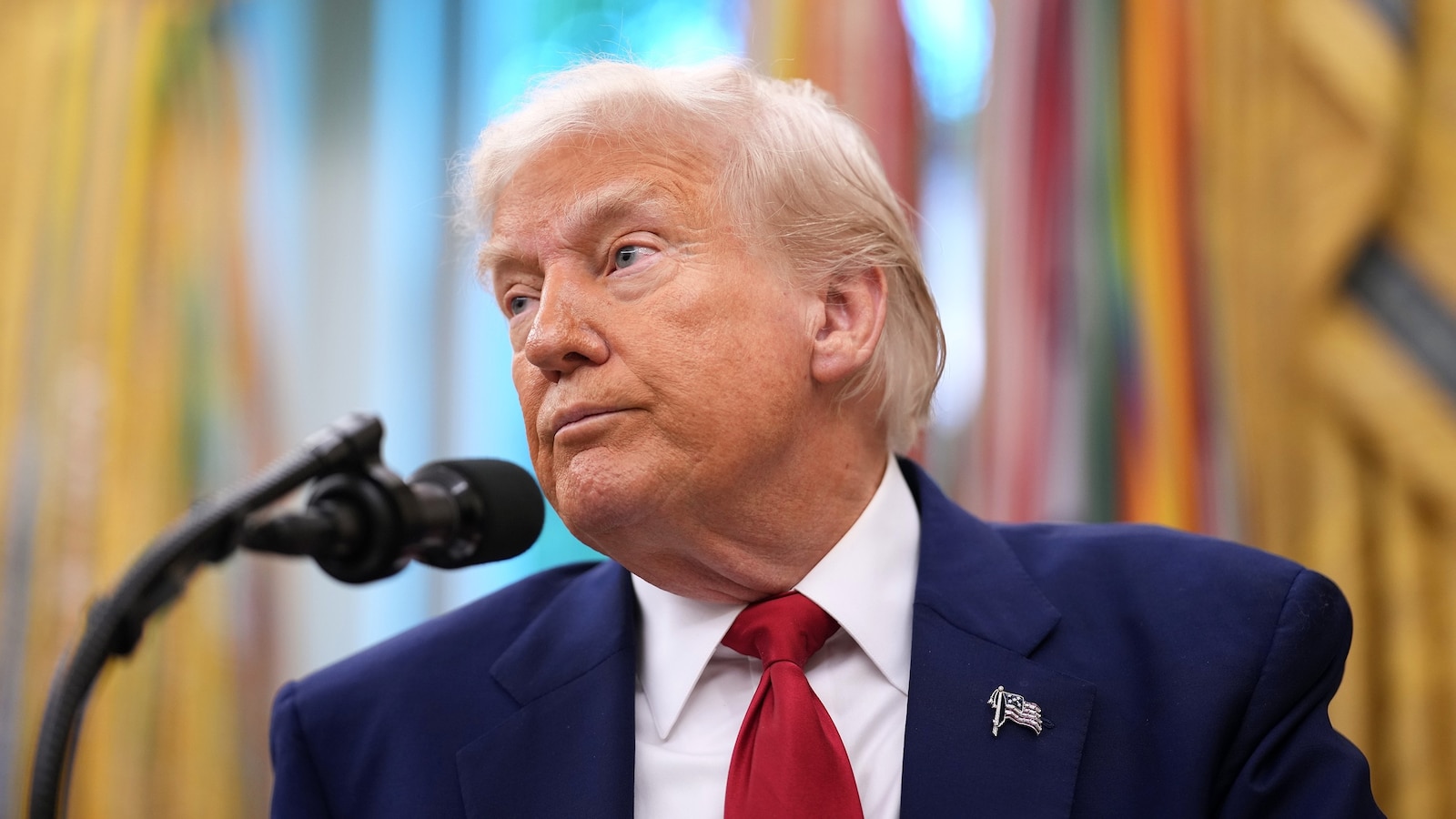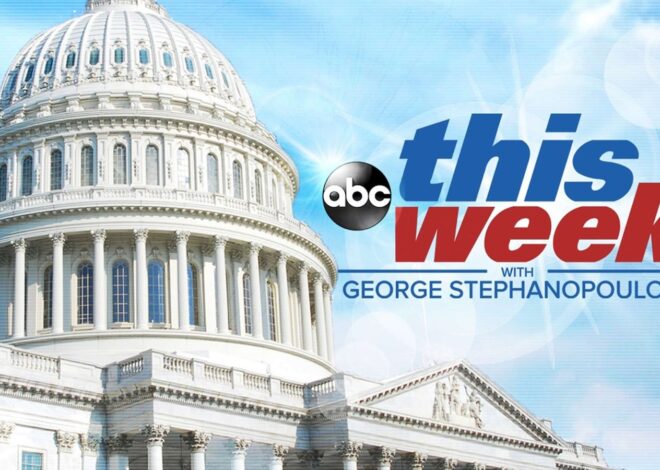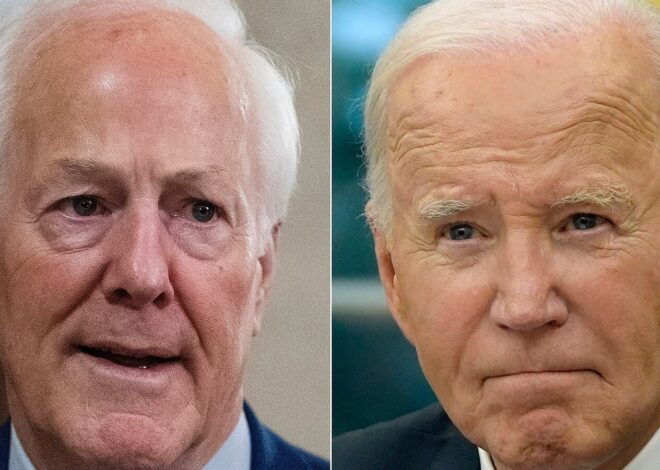
Federal Court Rules Trump Lacks Authority for Unilateral Tariff Imposition
Trade Turbulence: A Presidential Power Questioned
Maybe it all seemed settled – tariffs were just a part of the landscape. Yet, in a twist that has reshaped discussions, the U.S. Court of International Trade has now put a full stop to President Donald Trump’s broad tariffs. They ruled that Trump’s unilateral imposition of these tariffs stands on shaky legal ground, dismissing them as a step too far in his quest to tackle global trade imbalances. It feels almost like watching a chess game where one player’s bold move gets decisively countered.
Trump’s sweeping tariffs have been under legal scrutiny since their announcement. His administration faced a slew of lawsuits challenging the ability to levy such duties without Congressional consent. The crux of the matter – does the International Emergency Economic Powers Act (IEEPA) truly allow for such broad-reaching tariffs? The federal court’s recent decision suggests maybe not, casting doubt on the legality of this approach.
A group of small businesses became the face of the resistance, claiming that Trump’s tariffs represented an “unprecedented power grab.” Their lawsuit pointed out that trade deficits, which have existed for decades, hardly constitute the emergency Trump described. It’s interesting to think about how trade deficits have quietly persisted without causing significant harm-until now, when they became the focal point of a constitutional clash.
The courtroom scene played out like a drama. With judges appointed across administrations-Obama, Trump, and Reagan-the questioning was incisive. When the lawyer for these small businesses presented their case, it was clear they faced tough queries. The judges sought a compelling legal reason to nix the tariffs, challenging them to go beyond the historical precedents set by the Trading with the Enemy Act of 1917. No small feat, given that no court had ever really tackled this aspect of IEEPA before.
The arguments didn’t stop at legal technicalities. At a hearing, Jeffrey Schwab from the conservative Liberty Justice Center had his own analogy. He likened the situation to a baseball game, with Trump’s justification being a wild pitch rather than a strike. It’s moments like these that remind us how law and real-world situations often collide in unexpected ways.
This ruling is the first definitive federal court decision addressing the legality of Trump’s tariffs. A similar case in Florida had started to tread this ground, only to be shifted to the Court of International Trade, where the recent decision was finally handed down. In a landscape where political moves are often cloaked in legal ambiguities, this decision stands out as a clarifying moment.
For anyone who has watched these developments, this is more than a legal ruling-it’s a signal. A nod towards how presidential powers might be checked, even when the intent seems bold. Could this be the beginning of new constraints on unilateral tariff actions? Only time will tell. As this story continues to evolve, it’s clear the implications will ripple far beyond the courtroom.
For those interested in the broader context, CNN has further coverage on the implications of this ruling here. Stay tuned, as the aftershocks of this decision are likely to shape trade conversations for some time to come.
For more context, see this background on US politics.



